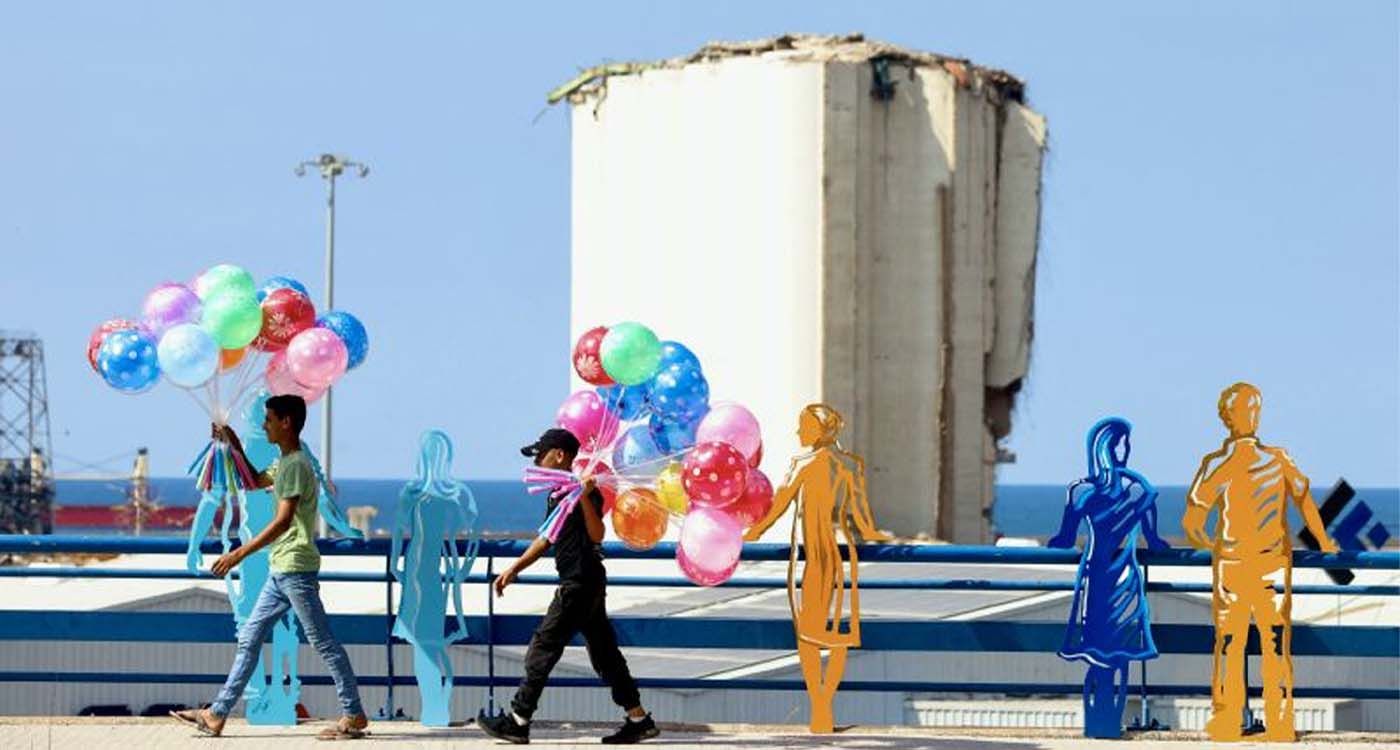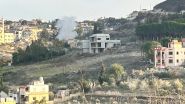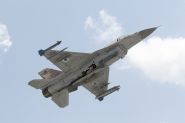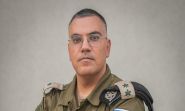
Gathering these testimonies was no easy task. Because August 4, 2020, is not a memory, it’s an open wound. Speaking about that day, for those who lived it, is like going back to it. As we spoke, each witness experienced the same dizzying sensation: that of remembering too clearly. Shortness of breath, long silences, sentences that trail off and always the same words, whispered or repeated: “It was horrifying.” In this article, their accounts are not separated. That day brought them all together, whether they were in a restaurant, at home or in the street. Whether bartender, shopkeeper, architect or designer, they all carry the same memory: that of a chaos no justice has yet repaired. “The ground shook beneath me”
That day began like any other.
Sam, a young bartender then working in Hamra, was already on shift, and the restaurant was packed. “I was preparing orders when I felt the ground shaking. A massive jolt. They say there were two explosions, but I only heard one. A sound unlike anything I’d ever heard.”
Jacques, architect, was sitting down to lunch at a restaurant in Sodeco, just next to his office. “I thought it was an earthquake. I told the waitress we should get under the table.” From his improvised shelter, he saw the facade crumble, chairs flying, debris everywhere. “What stuck with me was that the window didn’t shatter. Everything flew around it, but it stayed intact.”
Thérèse, shopkeeper in Gemmayze, had just returned home. “I’d just left my shop. I was in the kitchen, about to eat. I heard a drone-like noise, then a rumble. I didn’t have time to get to the window. The second blast threw me into the hallway. I was alone. I thought: this is it. I’m going to die.”
‘Blood on the Plates’
In the chaos, images blur. But some stay. Raw. Unforgettable.
Sam remembers broken glass on customers, food scattered, blood on the tables. “It was surreal. The restaurant became a nightmare. Three-quarters of the customers were bleeding. Girls, boys... everyone was screaming.”
Jacques, walking back to his office, spotted a pregnant woman through a broken storefront. “She was sitting, covered in blood. I asked if she was okay. She said yes.”
Thérèse, curled up in her hallway, felt every shockwave. “Wood flying, windows exploding. I was paralyzed by the noise. It wasn’t just a blast. It was the end of the world.”
‘My Daughter Will Never Build Tents Again’
Kareen, designer, was in Clemenceau. She was leaving a medical appointment when she heard the explosion. “I tried heading toward Mar Mikhael. In Hamra, someone told me Hariri had been assassinated. But the closer I got, the more it felt like the apocalypse. Glass on the roads, blood, screams… I had to park in the middle of the street and continue on foot.”
That’s when she learned what happened at home. “My daughter was building a tent in the living room. She stood on the couch and understood immediately. She told her sister to hide, ran to get the dog, and locked herself in the dressing room with him.”
Her other daughter, Sacha, was injured. “She shielded her head with her elbow, dislocating the joint. But she was saved. Since then, she’s never going to build a tent again. It’s become her trauma.”
‘That Day, We Were All Wounded’
Jacques found his son hours later. He had been injured in the arm (tendons severed) and had helplessly watched a waitress die in the café where he’d been drinking tea.
“He walked through rubble, bleeding. A motorcyclist gave him a ride to Hôtel-Dieu. He stepped over bodies in the street. At the hospital, he begged a nurse to stitch him up on the spot.”
Thérèse recalls her husband injured, her shop and car destroyed, and above all, the fear that never left. “If I hear any vibration, I think it’s happening again. I developed health issues: high blood pressure, anxiety, panic attacks. I relive those minutes on a loop.”
‘No One Has Been Held Accountable’
They all echo the same sentence: “To this day, we still don’t know.”
Still visibly shaken, Sam puts it this way: “There were deaths, disappearances, people disfigured… and still no one held responsible. The case is frozen. Lives were stolen and justice remains silent. But one day, the truth will come out. It has to.”
Kareen still looks at the building across from hers, the one that absorbed the shockwave. “That building saved us, saved my children. But who will save us from what we lived through?”
These are just four voices. Four out of thousands. But each one carries a piece of that day that tore Beirut apart. And if these stories are still so painful to tell, it’s because they have never been truly heard.
August 4 is not a date. It’s a wound. And without truth, it will never heal.




Comments